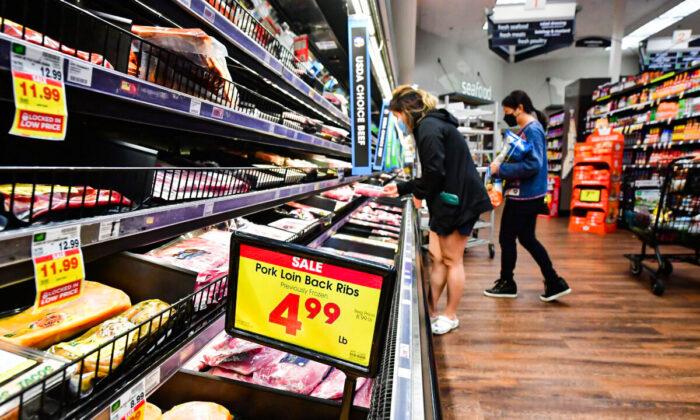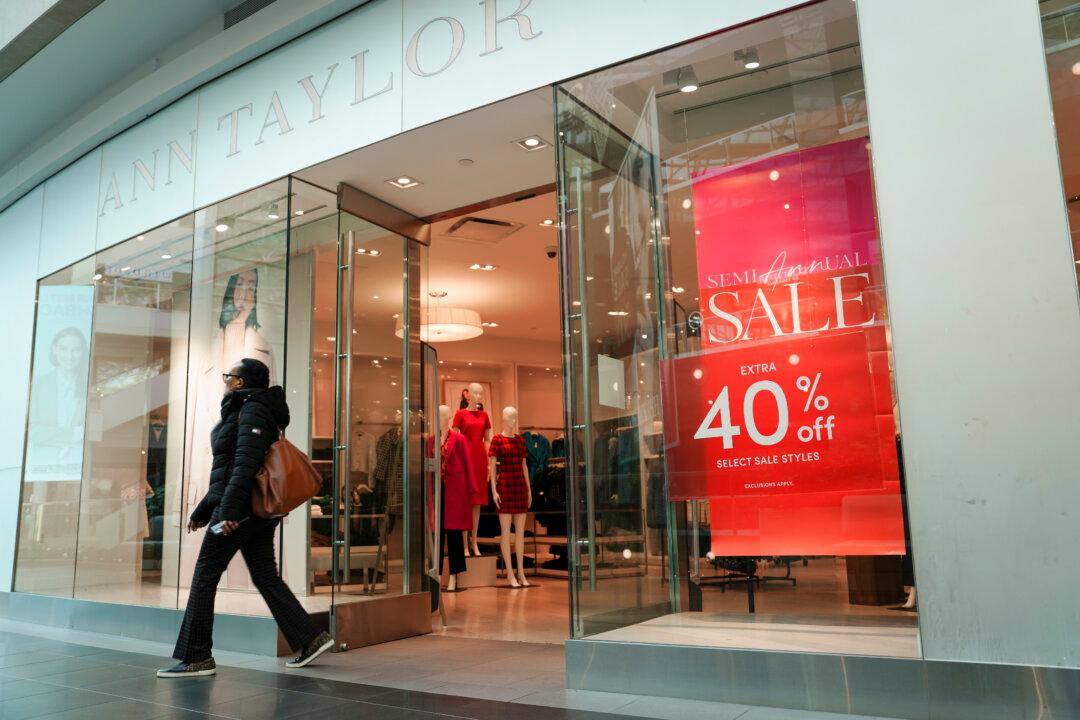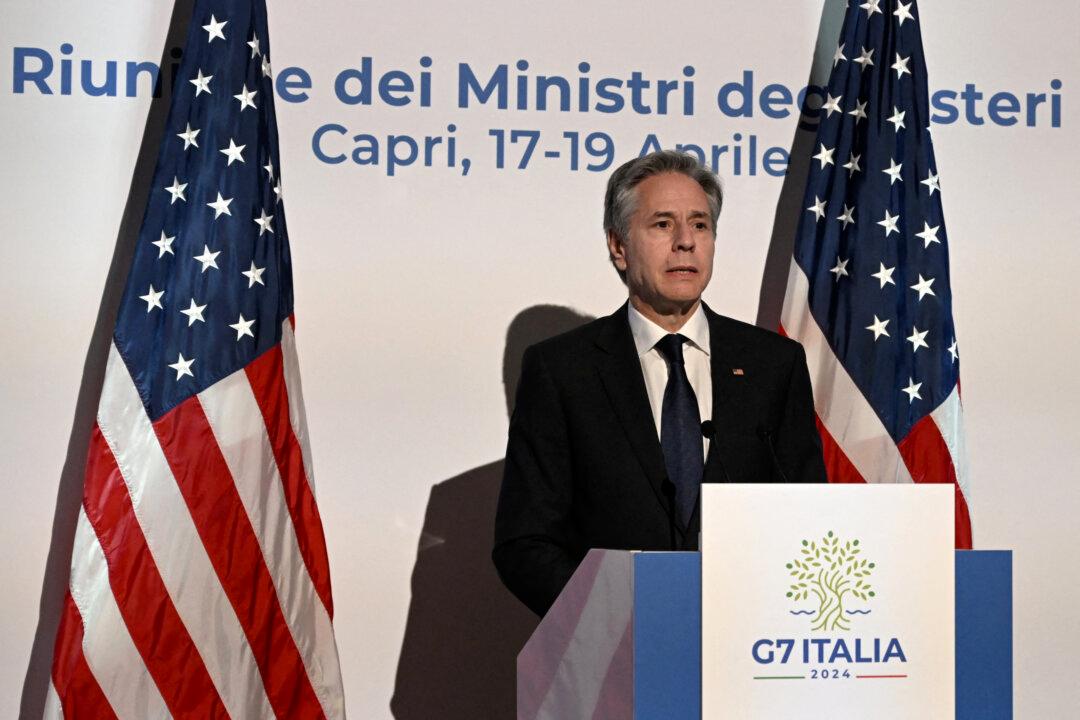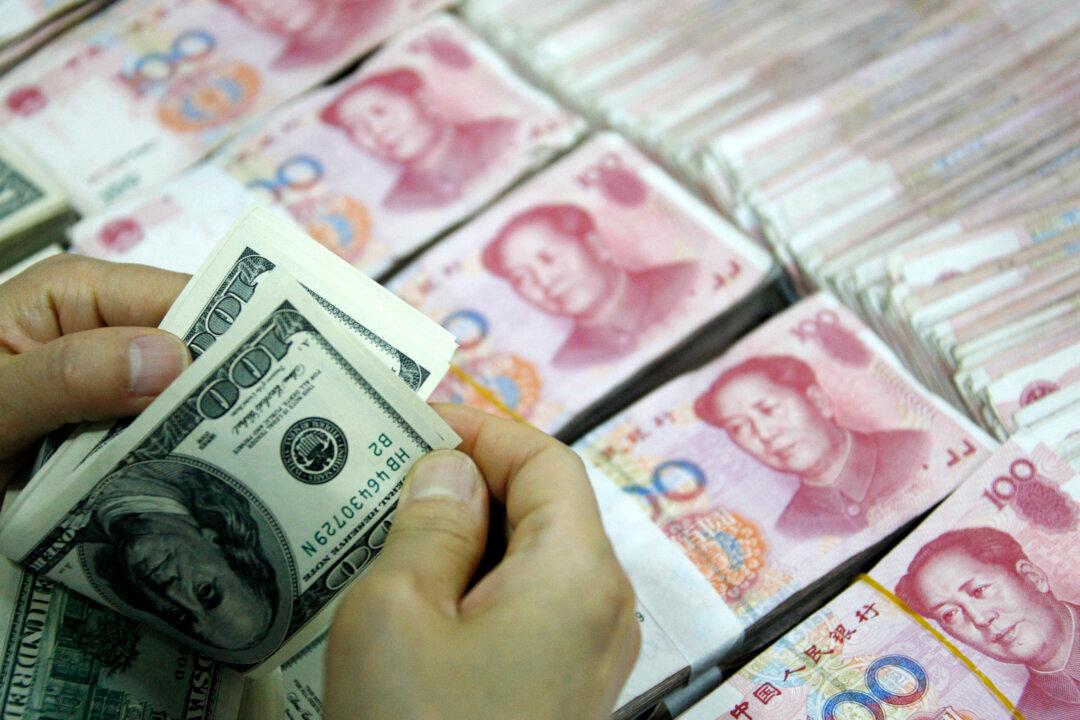The broad-based consumer price index (CPI) sent the leading benchmark indexes lower because of greater expectations that the United States will slip into a recession and the Federal Reserve may accelerate its tightening efforts this month.
Wall Street and public policymakers are now discussing if inflation has peaked. The White House thinks that it has, writing in a July 12 memo that energy prices have come down significantly since the last CPI report. Crude oil prices have dropped 20 percent, while gas has tumbled roughly 7 percent.
“Under the Biden-Harris Administration’s leadership, the average price at the pump is lower than it was a month ago, and core inflation has also fallen for the third consecutive month,” Danielle Melfi, executive director of Building Back Together, an advocacy group promoting the Biden administration’s policy agenda, said in a statement.
“President Biden knows there’s still more to be done to tackle inflation, which is why he continues to use every tool at his disposal to bring down prices. President Biden is taking action to lower costs—now it’s time for Big Oil to do their part to provide relief to consumers.”
Shmuel Shayowitz, president and chief lending officer at Approved Funding, doesn’t share the administration’s optimism that inflation has peaked, telling The Epoch Times that there won’t be a respite from these 40-year-high numbers until later this year.
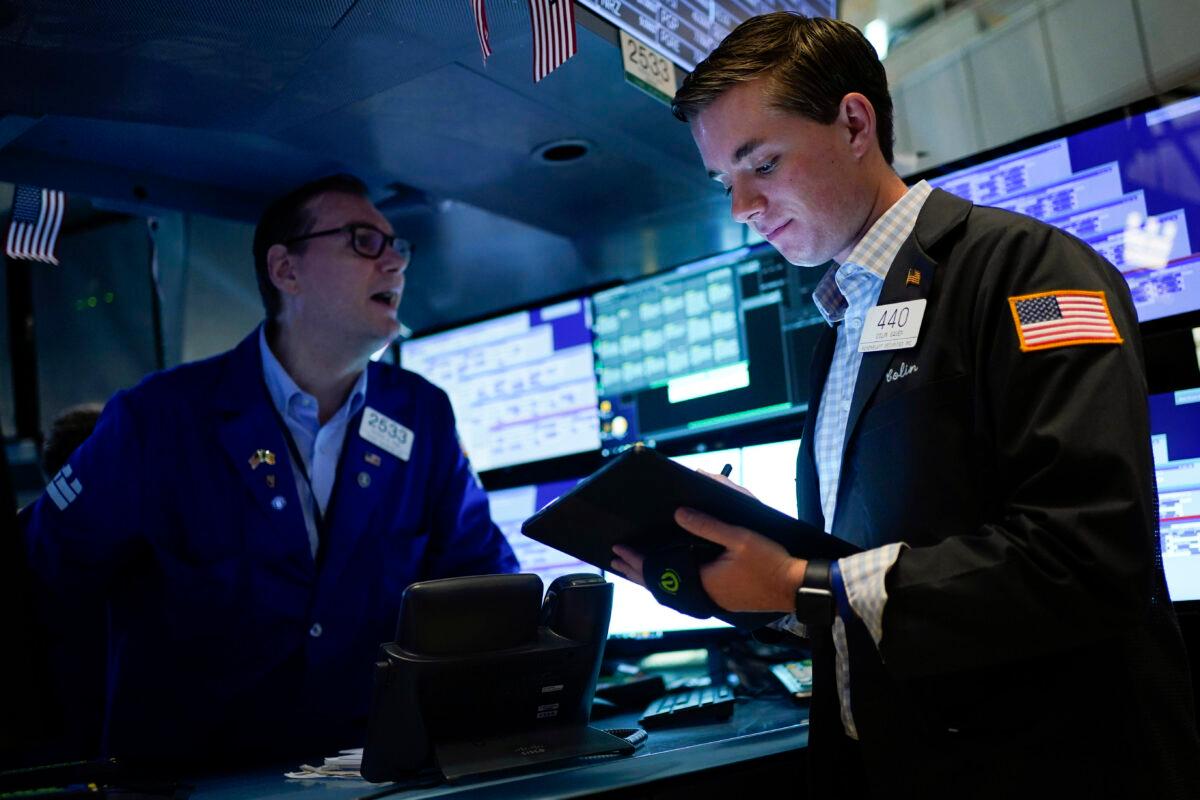
Recession Signals
But if inflation has reached a top, is it because of the president’s actions or recession worries?Indeed, chances of an economic downturn have increased over the last month, experts say. Economists have revised their recession forecasts upward because of surging inflation and weakening demand.
Recession signals are here, says William Stack, a financial adviser and author at Stack Financial Services.
“Signs of a recession are already here. The economy is slowing down, while [inflation] is still making a significant impact. Real wages are down 4.4 percent, when considering inflation. This impacts consumer spending, which makes up 65–70 percent,” he told The Epoch Times.
Deutsche Bank stated in a recent research note that today’s inflationary pressures are a “demand-driven phenomenon.” Some economists assert that higher prices, be it at gasoline stations or utility bills, are forcing consumers to use less.
This has become apparent in the broader market. Retail sales fell 0.3 percent in May, while personal spending grew by a smaller-than-expected 0.2 percent. Construction spending fell 0.1 percent, and existing home sales declined 3.4 percent.
Desmond Lachman, an economist and senior fellow at the American Enterprise Institute, told The Epoch Times that U.S. inflation will soon peak, not as a result of the administration’s policies, but as a result of the U.S. and global economies entering a recession.
In addition, he argues, it is a result of the current decline in international commodity prices and oil prices in particular.
Consumers and businesses think a recession is inevitable.
Crucial Indicator
Josh Answers, host of The Trading Fraternity, a financial education web portal, is watching the Treasury market for signs of contraction.“The CPI report that was just released today had two important implications,” Answers told The Epoch Times.
“The bond market is starting to price in a higher chance of recession and this inflation report only confirms that. While many people may overlook the significance of the 47 economists coming in below estimates for the second straight report, it’s another data point that suggests something more troubling may be happening. Watch the yield curve as it has inverted even further this morning after the CPI data was released. This is screaming a recession caused by inflation response and is closer than most market strategists have been pricing in.”
Indeed, U.S. Treasurys were mixed midweek, but a key facet of the bond market was the 2-year and 10-year yield curve inversion. The spread between the two bonds was about negative 10 basis points.
Investors have been monitoring this crucial indicator as it has predicted nearly every recession since 1955.
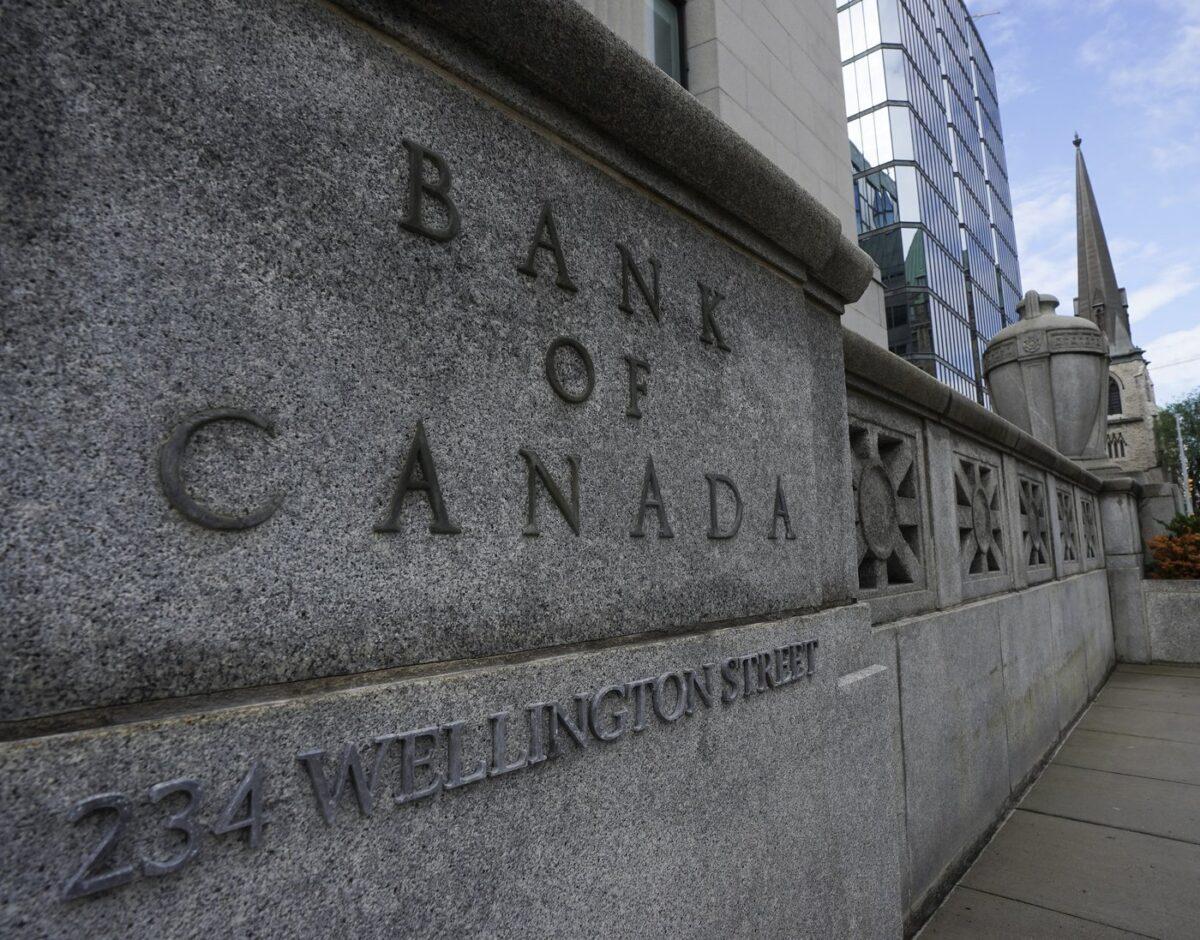
Is a 100-Basis-Point Increase Coming?
Following the headline reading, interest-rate futures markets increased the odds of a 100-basis-point rate hike at the Fed’s July policy meeting to 77 percent. Investors were earlier pricing in a 75-basis-point boost to the benchmark fed funds rate this month.“[You] got to take your medicine now to get cured. If you just let it go, you’re going to have to take more medicine later on,” he said.
Shayowitz hopes the central bank will raise rates by a full point this month so that it can grapple with a slowing or contracting economy when it needs to.
“While I believe it will ultimately backfire, I hope that the Fed does hike rates by 100 bps just so they can accelerate their efforts and have ammunition to lower rates when they need to,” he said.
The FOMC will hold its next two-day policy meeting on July 26 and 27.
